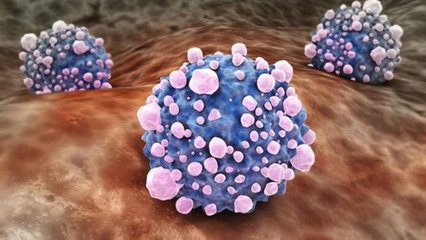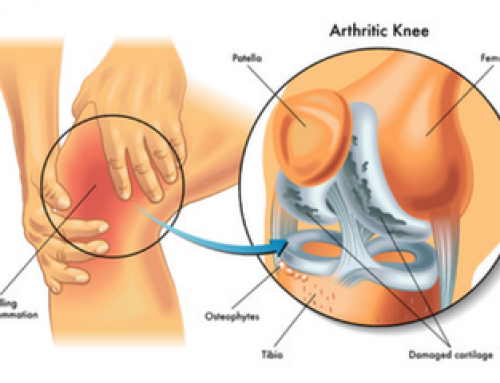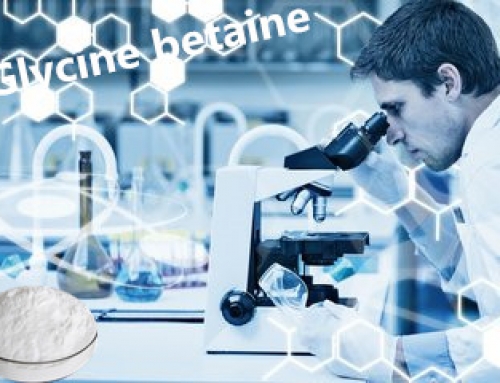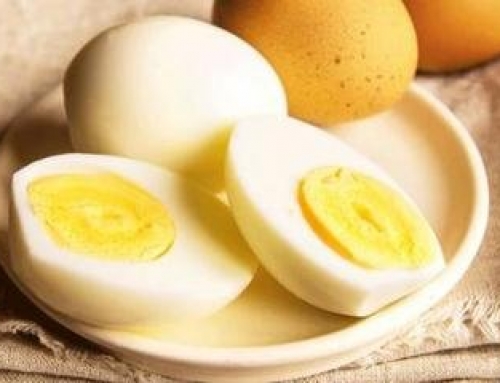Natural raw materials
Luteolin is a natural flavonoid found in many plants. It has a variety of pharmacological activities, such as anti-inflammatory, anti-allergic, uric acid-lowering, anti-tumor, anti-bacterial, anti-viral, etc. It is mainly used for cough, expectorant, anti-inflammatory, uric acid-lowering, cardiovascular disease treatment, and treatment of “muscle atrophic spinal cord side”. Sclerosing”, SARS, hepatitis, etc.
Pharmacological activity
1. anti-inflammatory
It is currently believed that the anti-inflammatory activity of luteolin inhibits the production of nitric oxide (NO) and other inflammatory cytokines such as tumor necrosis factor-α (TNF-α) and interleukin-6 (IL-6), and inhibits protein. Phosphorylation of tyrosine and nuclear transcription factor KB (NF-KB)-mediated gene expression.
2. anti-tumor
Anti-tumor mechanism is more and more complicated. Studies have shown that luteolin can selectively inhibit the activity of fatty acid synthase in prostate cancer and breast cancer cells, which is related to its anti-tumor cell growth and apoptosis; luteolin can be significant Decreased the incidence of colon cancer caused by dimethylhydrazine and the size of tumor, which may be related to the regulation of lipid peroxidation, anti-oxidation and anti-proliferation; luteolin can inhibit the invasive motility of ovarian cancer cell line HO8910PM in a dose-dependent manner in vitro. It is involved in inhibiting the secretion of matrix metalloproteinase-9 (MMP-9) and down-regulating the expression of extracellular signal-regulated kinase 2 (ERK2).
3. anti-allergy
Luteolin inhibits immunoglobulin E (IgE)-mediated allergic transmitters produced by human mast cells, including histamine, leukotrienes, prostaglandin D2, and the release of mononuclear macrophage colony-stimulating factors. The role may be related to inhibition of Ca2+ influx and protein kinase C (PKC) translocation activation.
4. Anti-inflammatory demyelinating disease
Luteolin can dose-dependently protect oligodendrocytes against hydrogen peroxide-induced oxidative damage, strongly inhibit macrophage phagocytosis of myelin, significantly reduce the production of reactive oxygen species, and reduce the expression of iNOS protein. Low doses significantly reduce NO levels produced by macrophages.
5. anti-fibrosis
Luteolin can reduce the degree of liver fibrosis, reduce the content of hydroxyproline (HYP), malondialdehyde (MDA) and type I procollagen mRNA in liver tissue, and inhibit hepatic stellate cells (HSC) in vitro. Proliferation and collagen synthesis. It can improve the histopathological changes of pulmonary fibrosis induced by bleomycin, reduce the lung weight index, significantly reduce the increase of MDA and HYP, and inhibit the expression of transforming growth factor-β1 (TGF-β1) mRNA in lung tissue. In vitro, it can inhibit the proliferation of human embryonic lung fibroblasts and promote their apoptosis.
6. anti-fertility and hormone effects
Luteolin has a significant dose-dependent anti-implanting activity. After oral administration, it can significantly increase the weight, diameter, thickness of the endometrium and the height of its epithelial cells. It has an estrogen-like effect when applied alone, but with ethinyl estradiol. When used in combination with alcohol, it shows an antiestrogenic effect.
7. other
Luteolin can inhibit a variety of bacteria and viruses, such as Staphylococcus aureus, Escherichia coli, herpes simplex virus, poliovirus, Coxsackie B3 virus. It inhibits the activity of HIV-1 integrase and has potential anti-HIV effects. Luteolin binds to the s2 protein of the severe acute respiratory syndrome (SARS) coronavirus, thereby inhibiting the entry of the virus into the host cell. Luteolin is also resistant to Leishmania donovani and inhibits its growth by inhibiting the action of Lewyridarum’s topoisomerase I and topoisomerase II. In addition, luteolin also has an immunomodulatory effect.








Leave A Comment